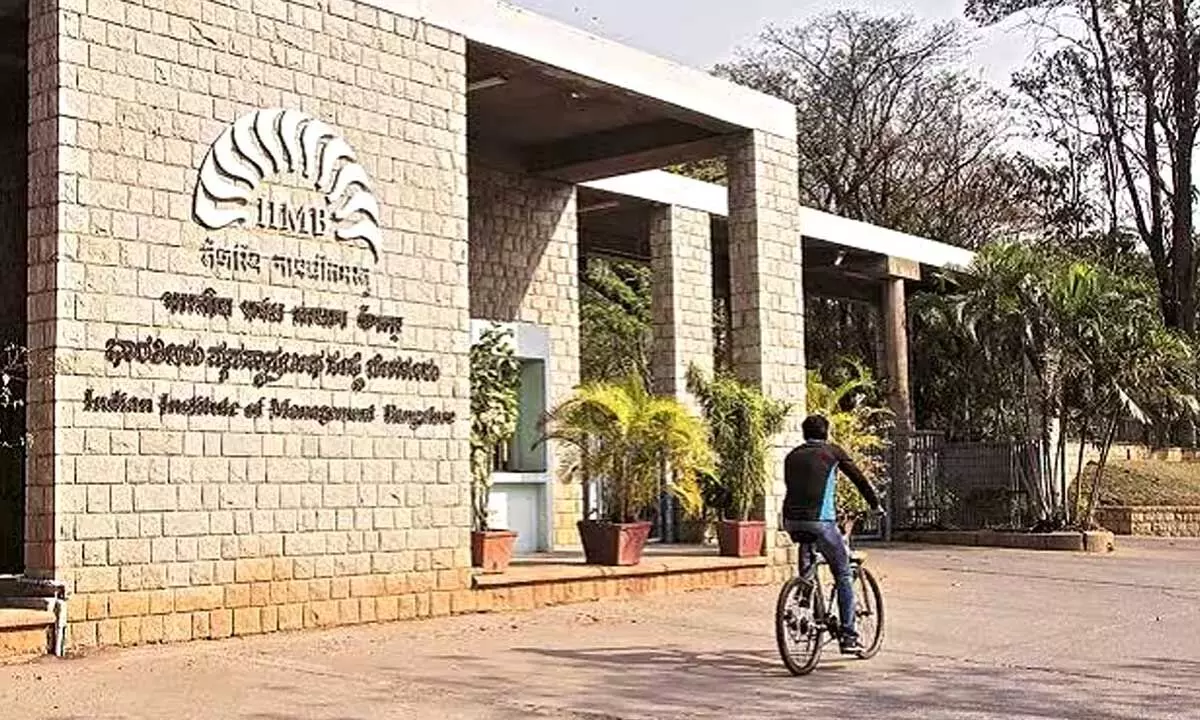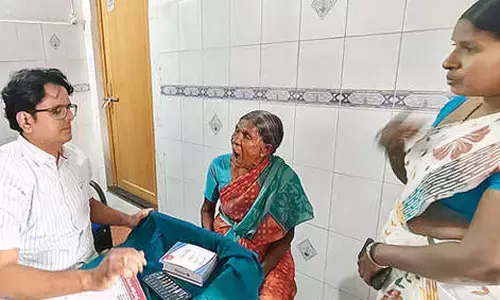IIM Bangalore retains top slot in Positive Impact Rating 2023

IIM Bangalore
IIM Bangalore has retained its position, from last year, in the top category (Level 5) in the Positive Impact Rating (PIR) 2023.
Bangalore: IIM Bangalore has retained its position, from last year, in the top category (Level 5) in the Positive Impact Rating (PIR) 2023.
IIMB Director Professor Rishikesha T Krishnan said, “It is encouraging to see IIMB topping the PIR rankings, year-on-year. I am particularly delighted to see Indian schools achieving top levels in the PIR, globally.”
The PIR is a rating conducted by students and for students. Over 12,000 students from 71 business schools located across five continents and 25 countries participated in the survey. This represents a 58% increase in 2023 compared with 2022. The overall PIR score increased from 7.3 in 2021 to 7.6 in 2022 and to 7.7 in 2023, on a scale from 1-10.
Students worldwide assessed their business schools on how they perceived their positive impact on the world. The positive impact of business schools goes beyond their contribution to business and the economy; it addresses the need for their positive impact for society.
The PIR was instituted by business school experts together with global NGOs – WWF, Oxfam, and UN Global Compact. International student associations oikos, AIESEC, and Net Impact partner with PIR, supported by VIVA Idea (Costa Rica), The Institute for Business Sustainability Foundation & Fehr Advice, both from Switzerland.
What students want
Students offered constructive inputs on how their schools can increase their positive impact. They displayed clarity in suggesting what they want their schools to start doing: integrating sustainability broadly into the curriculum, addressing relevant practical problems and solutions, involving stakeholders from business and society into the learning, innovating the learning methods and making sure the teaching faculty is open- minded and committed to the topic. They also concurred on what they want their schools to stop doing: downplaying diversity and fairness, greenwashing and unethical partnerships with business and waste on campus pertaining to energy, plastic, paper and food.
The rating survey includes three overarching areas of impact (Energizing, Educating, Engaging), highlighted by seven dimensions of impact: governance and culture of the school; study programs, learning methods, and student support; the institution as a role model and its public engagement. This is measured by students being asked 20 questions and the overall PIR score of the school is then used to position it across five levels. The different levels refer to the levels of achievement in developing the social impact. Business schools are provided with a defined social impact model and a tool that they can use for measuring their impact.
A tool for collaborative learning and action
The purpose of the positive impact rating is to enable learning at and across schools rather than creating a competitive ranking. A rating offers the safety of groups instead of individual ranks and intends to foster collaboration. Schools, therefore, are positioned in five different levels, where they are featured alphabetically. Students and the management of each participating school receive free online access to a dashboard featuring their school's results across the different areas compared to the average of all schools. This allows them to actively work towards increasing their positive impact. Students, who have access to the same data, are empowered to collaborate with the school administration















